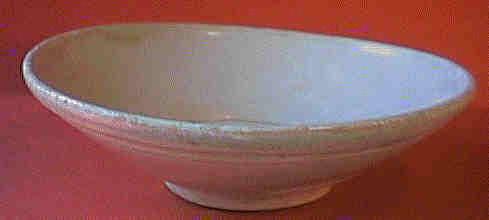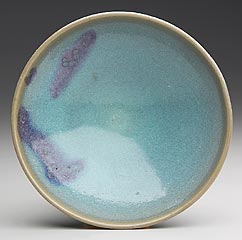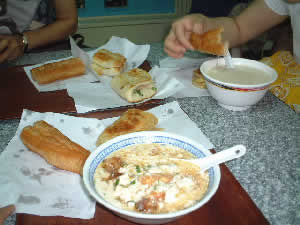Hist 410 Keynotes 4
Shaping the Chinese food system
 Map of the Song Dynasty
Map of the Song Dynasty
During the Song Dynasty (960-1279) a new social class
gained eminence: scholar-officials and wealthy merchants became the dominant
political and economic elite and shaped the taste in food. They celebrated local
and regional specialties which improved and multiplied the variety in Chinese
cuisine outside of the imperial court. Due to agricultural reforms, comparatively
reasonable loans even for small farmers, and the partial transformation of corvee
labor into cash payments agricultural production was rather stable.
Maritime trade with Japan, Korea, Southeast Asia, and Arab countries was flourishing
and brought new foods to the table.
Cotton cultivation revolutionized clothing, sugar (from
sugarcane) was used for food preservation. Most important: early ripening rice
was introduced from Champa and made multiple harvests possible, irrigation was
facilitated by the introduction of water wheels.
 Noria waterwheel introduced from Persia
Noria waterwheel introduced from Persia
The most cherished products introduced in the Song are
probably doufu and tea (now less often in bricks but either powdered
or as loose leafs).
 Song
dish
Song
dish

During the Song dynasty Zhu Xi and further Confucian
philosophers tried to re-organize society according to Confucian ideals - without
the aristocrats as the leading models of the hierarchical society. The scholar
officials became the leading class: By virtue of their knowledge - having passed
the examinations held by the state every three years-, they became the influential
leaders in politics and social affairs.
The ever-normal granary system was re-introduced. The reformer tried to make
more arable land available for poor farmers by producing a land survey which
recorded land according to its quality and potential use for certain plants,
by re-distibuting land, draining ponds that were converted into fields, and
by giving cheap loans to farmers (Green Shoots Plan). Corvee labor was partially
transformed into cash payments.
 Zhu
Xi (1130-1200) revitalized Confucianism
Zhu
Xi (1130-1200) revitalized Confucianism
Merchants climbed the social ladder - less by being
accepted as leaders in society but as patrons of local charity organizations,
temples etc. Lineages were established by wealthy and influential people - a
privilege formerly enjoyed by the aristocracy. Lineages held land and could
set up clan-schools for all children of their members, disregarding the financial
background of the individual family. Thus the number of educated young men multiplied
and ultimately the number of young scholars participating in the state examinations.
Clan regulations were set up and held in high esteem - they could regulate the
use of resources owned by the clan.
This new 'middle class' developed taste for sophisticated local cuisines (that
competed with each other).
The consumption of tea became a favorite pasttime. Tea was served in dishes
devoted to bring out the color of the tea by playing with the color of the dish
- to achieve harmony of the culinary and aesthetic sensual experience.


 Mung beans
Mung beans
A decent Chinese breakfast....





 Map of the Song Dynasty
Map of the Song Dynasty Noria waterwheel introduced from Persia
Noria waterwheel introduced from Persia Song
dish
Song
dish
 Zhu
Xi (1130-1200) revitalized Confucianism
Zhu
Xi (1130-1200) revitalized Confucianism

 Mung beans
Mung beans



